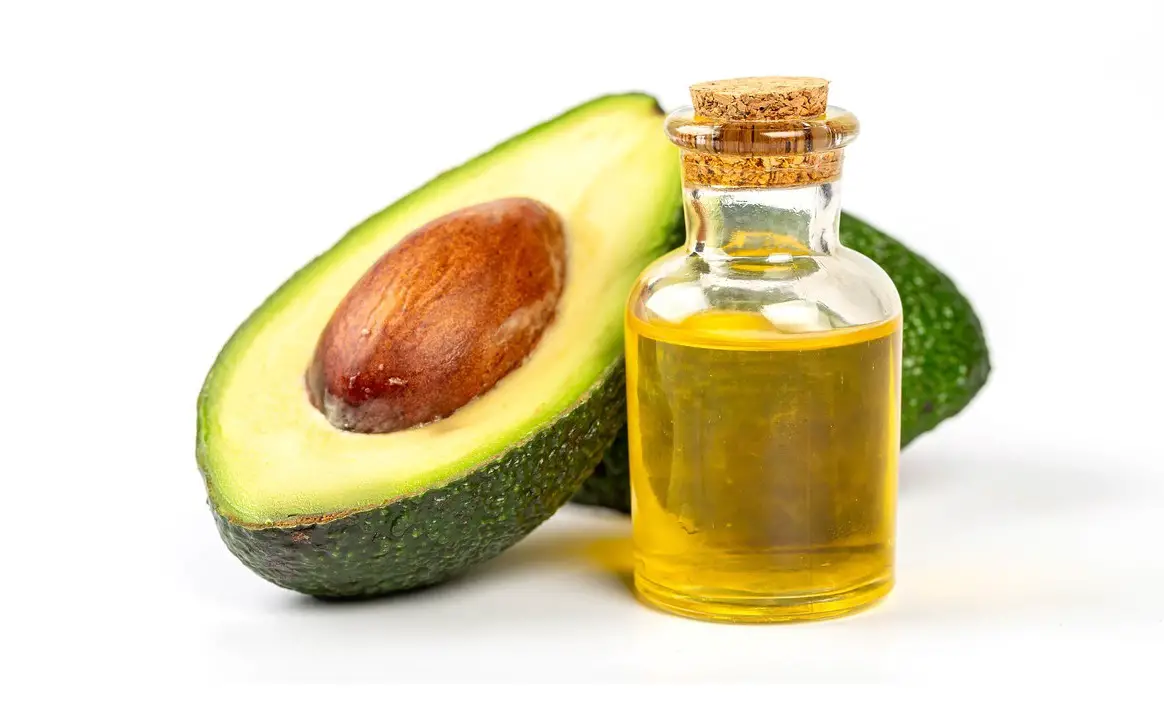Side Effects of Avocado Oil on Skin That You Should Know

A popular ingredient for topical use, but some people are concerned about the potential side effects on the skin. Some of the unwanted effects include skin dryness, peeling, swelling, irritation, and redness.
Additionally, it can be a carrier for bacteria and fungus, so it is important to be aware of the ingredients in any topical product that you use.
Is avocado oil good to put on your skin?
There are many oils that people put on their skin, and avocado is a popular choice. Some people might wonder if it is good to put it on their skin. The answer is yes but it depends on the person as some persons may react to it.
What are the disadvantages?
It is great for the skin, as it is full of nutrients and vitamins that help to keep the skin hydrated and looking healthy. The truth remains that avocado has many benefits for the skin, including moisturizing, protecting, and repairing it. However, there are also a few disadvantages or side effects of using it on the skin.
Some people may find that it causes their skin to become oily or break out. If you have oily skin, applying it may make your skin even oilier.
It can be heavy and greasy, which may not be ideal for those with combination or sensitive skin. If you have acne-prone skin, applying avocado may cause breakouts.
It can sometimes cause an allergic reaction and can also make the skin more sensitive to the sun’s rays, so people should be sure to wear sunscreen if they are going to be spending time in the sun after using avocado on their skin.
Finally, excessive use can lead to a condition called keratosis pilaris, which is characterized by small bumps on the skin.
Is avocado oil toxic?
some people worry that it might be toxic. So, is avocado oil toxic for the skin? The answer is no. It is non-toxic and non-irritating, making it a safe choice for even the most sensitive skin types.
In fact, it is often recommended for use on delicate skin areas, such as the eyes and lips. It is rich in beneficial fatty acids and antioxidants, which help to nourish and protect the skin and can be used as a moisturizer, a lip balm, or as an ingredient in DIY skincare recipes.
Can it cause rash?
There is some growing concern that avocado oil can cause a rash. This is based on the fact that this oil is high in oleic acid, which is a fatty acid that can be irritating to the skin. However, there is limited evidence to support this claim.
In one study, applying it to the skin of rabbits resulted in mild skin irritation. However, another study found that it was not more irritating than other oils when applied to the skin of volunteers. Overall, it appears that it may be mildly irritating to the skin in some people, but this is not necessarily guaranteed.
If you are using it and experience any irritation or rash, discontinue use and speak with your doctor.
Does it break out skin?
A natural moisturizer and skin protector. But does it also cause breakouts? There’s some debate over whether or not it can cause acne. Some people say that it does, while others claim that it doesn’t. The bottom line is that there’s no definitive answer, as everyone’s skin is different.
If you’re considering using avocado oil on your skin, it might be a good idea to do a patch test first to see if it causes any breakouts. Apply a small amount of avocado oil to a patch of skin on your arm and wait 24 hours to see if there’s any reaction. If there is, then you probably shouldn’t use avocado oil on your skin.
If you don’t have any adverse reactions to avocado oil, then you can try using it in small doses.
Does avocado affect your skin?
Some people believe that it can help improve the complexion of your skin and even help to treat acne. However, there is no scientific evidence to support these claims.
That being said, avocado does contain beneficial nutrients for your skin, including vitamin E, potassium, and healthy fats. These nutrients can help keep your skin hydrated and looking healthy.
So if you enjoy eating avocados, there’s no harm in continuing to do so – just don’t expect it to have a miraculous effect on your skin.
Does avocado oil lighten skin?
It is a popular natural skin lightener. It is said to help lighten skin tone and remove dark spots. There is some scientific evidence to support these claims. Avocado oil contains a high concentration of monounsaturated fatty acids, which are known to be effective at lightening skin tone.
It also contains vitamin E and carotenoids, which are both beneficial for the skin. These nutrients help keep the skin healthy and promote collagen production, which can help reduce the appearance of dark spots. lt can be applied topically or used as a dietary supplement to achieve results.
Which is better for the skin avocado or coconut oil?
The debate over which is better for the skin, avocado or coconut oil, has been around for a while. Both oils have their own unique benefits that make them great for skin health.
Coconut oil is high in saturated fats, which makes it a great natural moisturizer. It also contains lauric acid, which has antimicrobial properties while Avocado is high in monounsaturated fats and vitamin E, both of which are beneficial for skin health.
It also contains beta-carotene, which is beneficial for reducing the appearance of wrinkles and age spots. So, which is better for the skin?
The answer depends on your individual needs and preferences. If you are looking for a natural moisturizer that will also help to fight off bacteria, then coconut oil is a good choice.
Conclusion
Avocado oil is a great natural moisturizer for the skin. It has many benefits, such as reducing the appearance of wrinkles and age spots and preventing dry skin. It is also non-irritating and non-sensitizing, making it a good choice for people with sensitive skin.
However, like any other skincare product, there are some side effects of avocado oil on the skin that you may notice such as itching, redness, or burning.



